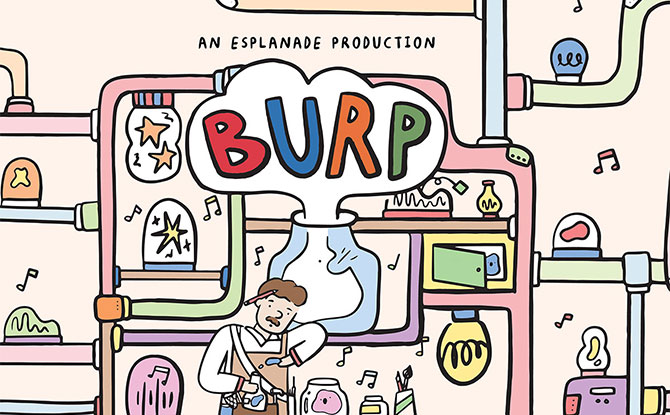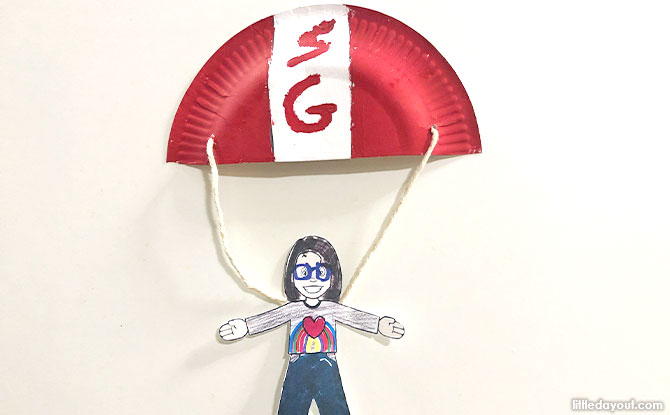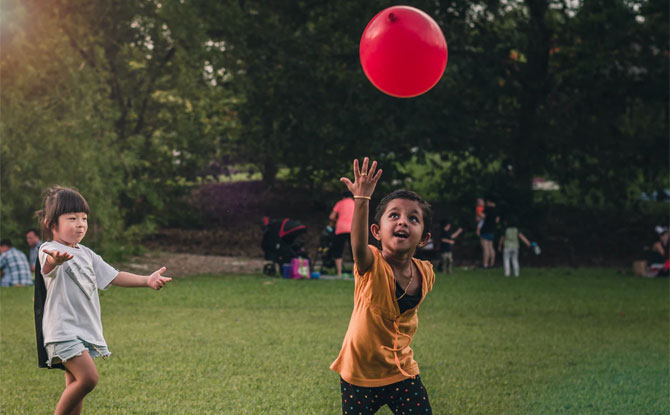
“Be careful!” How often do you catch yourself saying that to your kids? Chances are that you’ve said it a few times recently along with the words “stop that!” or even just the word “careful!” Although the phrase has good intentions, “be careful” is a phrase that parents should be aware of using too often as it can do more harm than good.
Communicating Concern
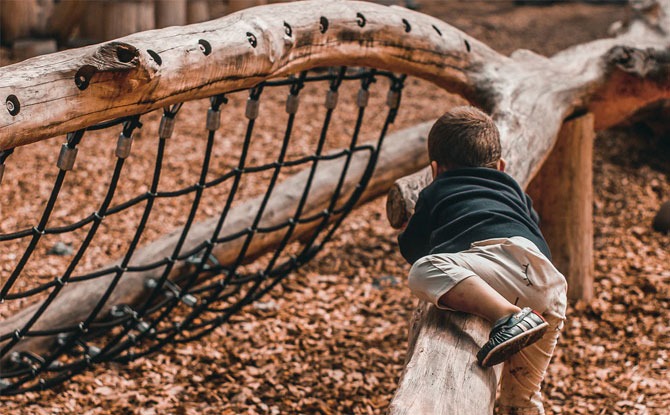
Many parents are aware that it is important to let children explore and try new things as it is part of allowing them to develop good motor skills, self-confidence, problem-solving skills as well as the ability to access risks independently.
The phrase “be careful” on its own can be a fear instilling phrase as it gives no specific reason nor instruction on how to respond. Even if it is followed up with the reason of “be careful, you could get hurt”, this fosters dependence on parent and does not promote independent problem-solving skills.
This may also stop them from trying challenging physical activities outside their comfort zone in the future which is also not productive to building self-confidence. The irony is that limiting a child’s exposure to risk and constantly trying to keep them safe from falling can cause more risk. Children need to learn how to fall instead of learning to avoid falling.
BE PSLE-READY: Join Expert Educators for Revision Boosters to Empower P6 Students
BURP: Join the Sound Collector on a Whimsical Chase at Esplanade – Theatres on the Bay
WEEKEND IDEAS: Get Inspirational Ideas of Things to Do
Also, if the phrase is repeated too often, it will start to lose its meaning and no longer be taken seriously when said in situations that might matter. The next time you feel the urge to warn your children “be careful”, rephrase the caution as an opportunity to foster greater awareness and teach them risk assessment skills.
How to catch yourself from saying “be careful” too often
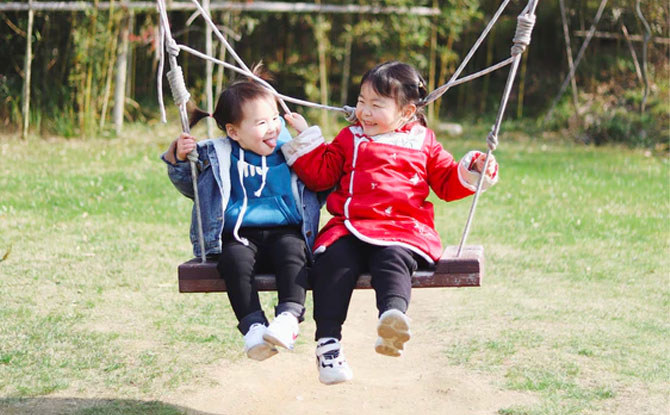
If your child is not in immediate danger, and you find yourself wanting to call out “be careful”, here are some things you can do instead
Pause and breathe
Acknowledge how you feel and remind yourself that this is part of allowing your child to develop important skills.
Look at the situation with fresh eyes
Ask yourself “what about the situation is making you uncomfortable”? and “what skills is your child learning right now?”. “Is what is the potential for serious harm?” after you have answered these questions, you can better approach the situation and turn it into a valuable learning lesson.
Foster awareness and problem solving instead
Get your child’s attention by calling their name and give reminders or ask questions that foster awareness and problem-solving. Asking them to “pause” if needed, is also better than asking them to “stop” an activity altogether.
Phrases to use instead of “Be careful’

Here are some phrases that you can use in various situations that you can replace “be careful” with. Feel free to adjust these to fit the situation that you are in.
When playing up high
- How are you feeling? Scared, excited, tired, safe?
- Does that branch/log/platform feel strong and stable?
- I see you are having difficulty getting down. Is there a step you can use?
- Do you notice the broken platform? Be sure to avoid stepping on that.
- One step at a time!
- Take your time
- Stay focused
- I’m here if you need me.
Affirmations of encouragement such as “I’m proud of you!” or “You’re doing great!” can be given if your child looks uneasy but is not in immediate danger.
When playing with things that could hurt others (for example, a stick)
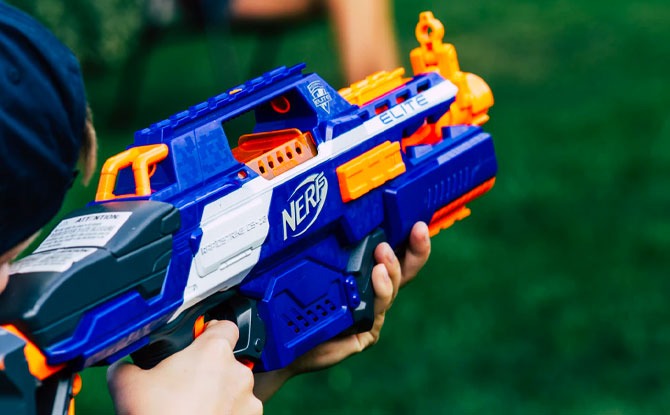
- Please find a safe spot for your stick while you’re running.
- Watch out for other people and give them lots of space.
- Let’s move to this lower-traffic zone.
- That object looks heavy! Can you manage it?
- This object needs space. Look around you—do you have enough space to swing that?
- Before you throw that, what do you need to look for?
When playing rough
- Is this how you both want to be playing?
- Make eye contact before you tackle someone. Make sure they know you are coming so that they can get their body ready.
- Remember to check in with each other after 10 minutes. Make sure everyone is still having a good time.
- Did you like that? Make sure you tell them if you didn’t like that.
- Is this play fighting or real fighting
- Stop means stop
Letting your kid take risks can be frightening initially, as we do not wish for them to get hurt. However, but the independent play they enjoy offers far more benefits and value to them. Stay safe and have fun!
References
Flourishing Homes & Families
Backwardsma





